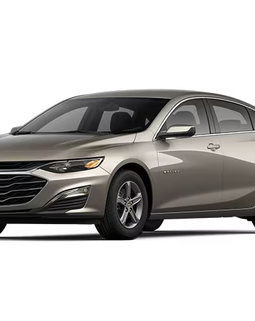Tajikistan, a Central Asian nation, has witnessed a remarkable surge in the importation of cars during the first half of 2022. Headed by Khurshed Karimzoda, the Head of the Customs Service, the country has seen a notable increase of 4,229 cars compared to last year, totaling 21,377 cars with a combined value of $82.2 million.
Import Trends
The bulk of these imports, valued at $15.5 million more than the previous year, is attributed to entrepreneurs from Europe, South Korea, and Japan. These vehicles traverse through the Baltic countries and the United Arab Emirates, emphasizing the global nature of Tajikistan's automotive market.
The cars imported are primarily from renowned manufacturers such as Audi, BMW, Mercedes-Benz, Porsche, and others, showcasing a preference for prestigious brands.
Electric Revolution
A noteworthy shift in Tajikistan's automotive landscape is the rise of electric vehicles (EVs). In the reported period, 127 electric vehicles were imported, and importers received benefits totaling 90 million somoni. The government has taken proactive steps to promote EV adoption, launching a program aimed at environmental protection, combating air pollution, and fostering a 'green' economy.
Legislative changes, including amendments to the Tax Code, grant importers of electric vehicles significant benefits, including exemptions from customs duty and value-added tax.
Government Initiatives
The surge in imports aligns with the government's broader strategy to modernize the automotive sector. The introduction of incentives for electric vehicles underscores Tajikistan's commitment to sustainable and eco-friendly transportation.
The government's vision is not only to meet the growing demand for cars but also to shape a cleaner and greener future for the nation.
Absence of Local Production
Unlike some countries, Tajikistan has not yet established local production of vehicles. Instead, joint ventures such as Akia Avesto Automotive Industry and Agrotechservice have been established in collaboration with Turkey and Belarus.
These ventures focus on the assembly and repair of passenger buses, tractors, and other agro-industrial equipment using spare parts. This collaborative approach enables Tajikistan to leverage international expertise and resources in the automotive sector.
Economic Impact
The surge in car imports not only caters to the growing demand for personal transportation but also has significant economic implications. The $82.2 million spent on car imports contributes to the country's economic growth and reflects the increasing purchasing power of its citizens.
Additionally, the government's support for electric vehicles contributes to the global shift towards sustainable practices, positioning Tajikistan as a proactive player in the realm of eco-friendly transportation
Conclusion
Tajikistan's automotive sector is undergoing a dynamic transformation with a surge in car imports and a strategic shift towards electric vehicles. The government's initiatives and collaborative ventures signal a commitment to shaping a sustainable and modern automotive landscape in the heart of Central Asia.





